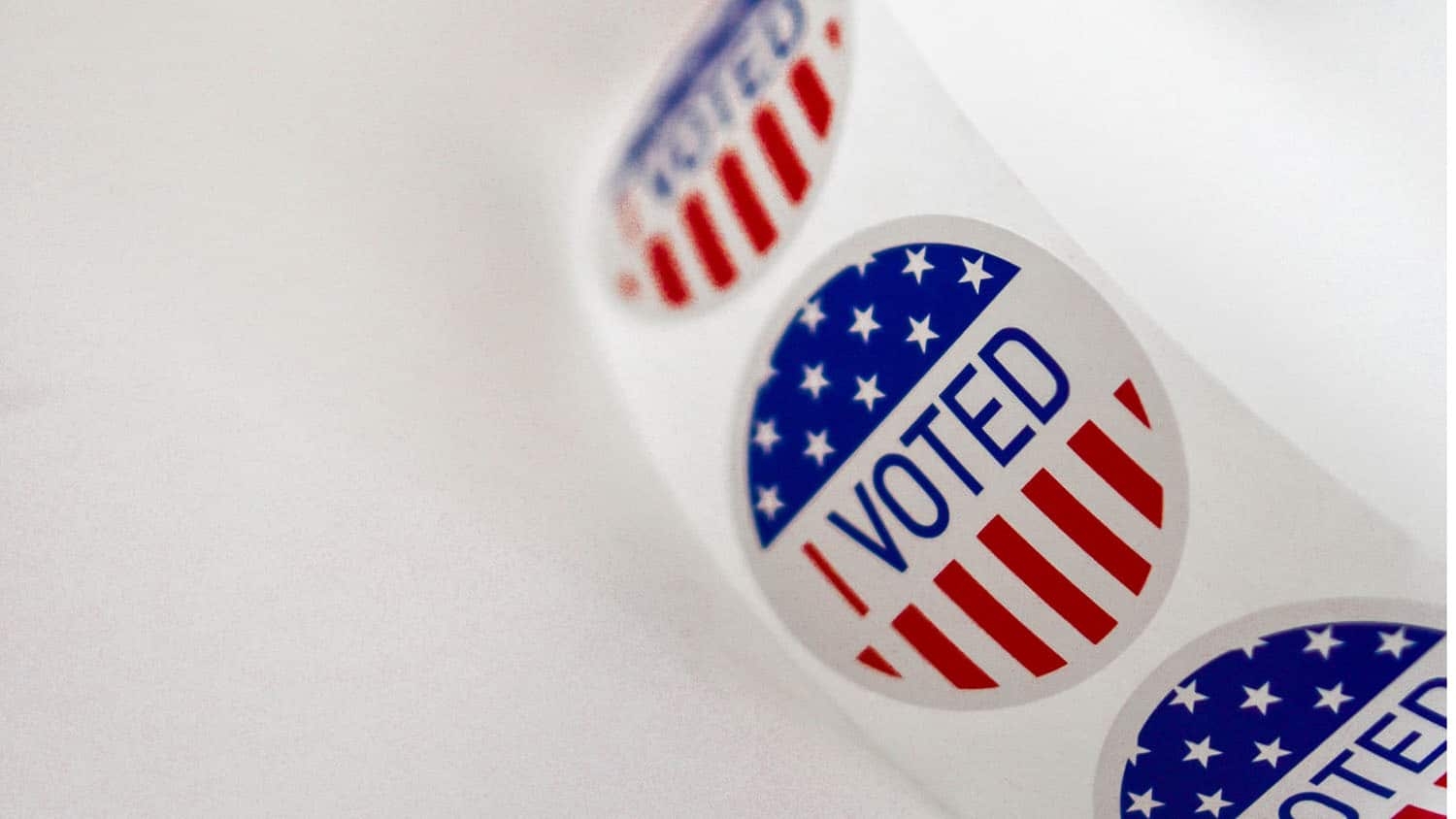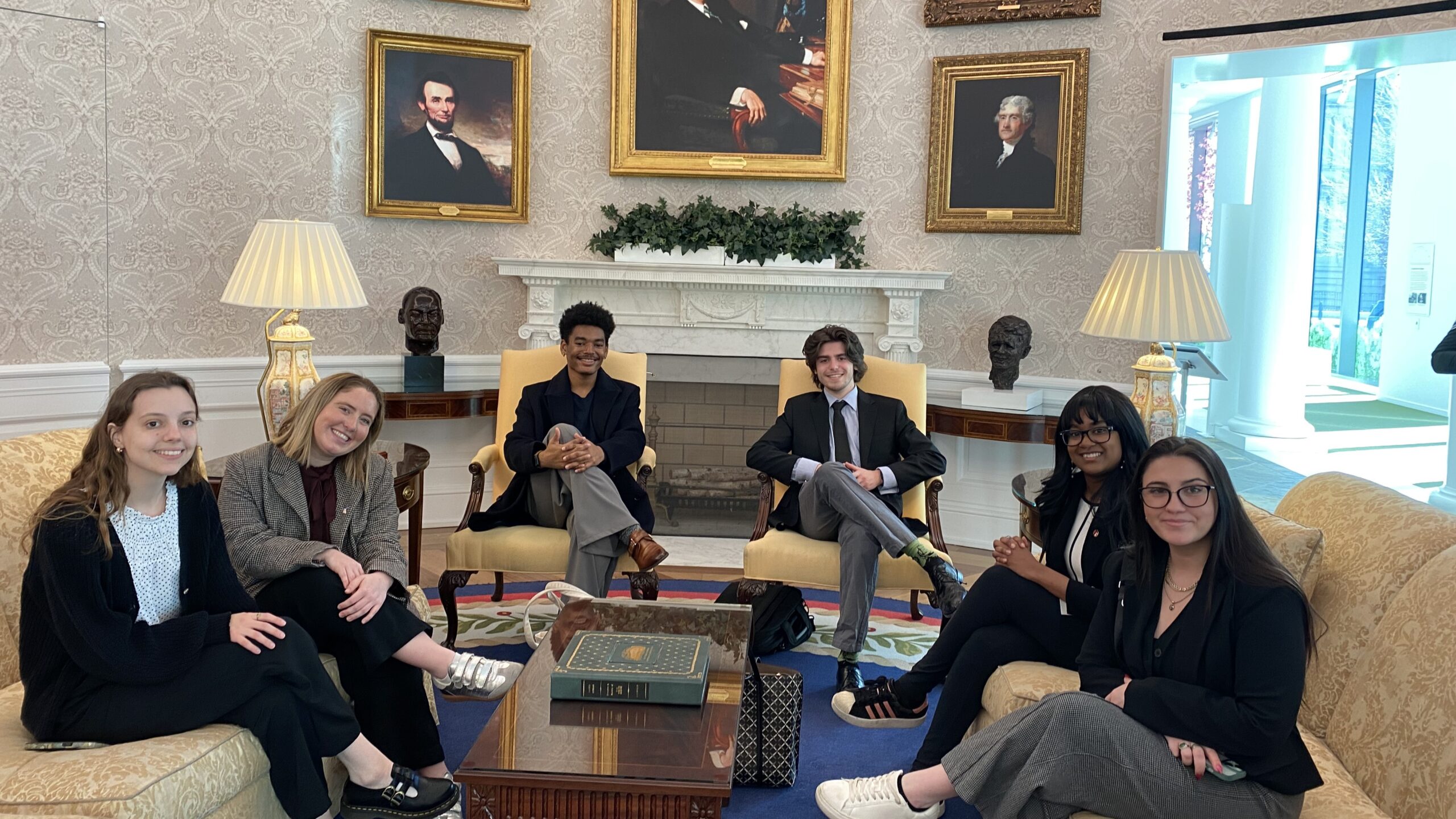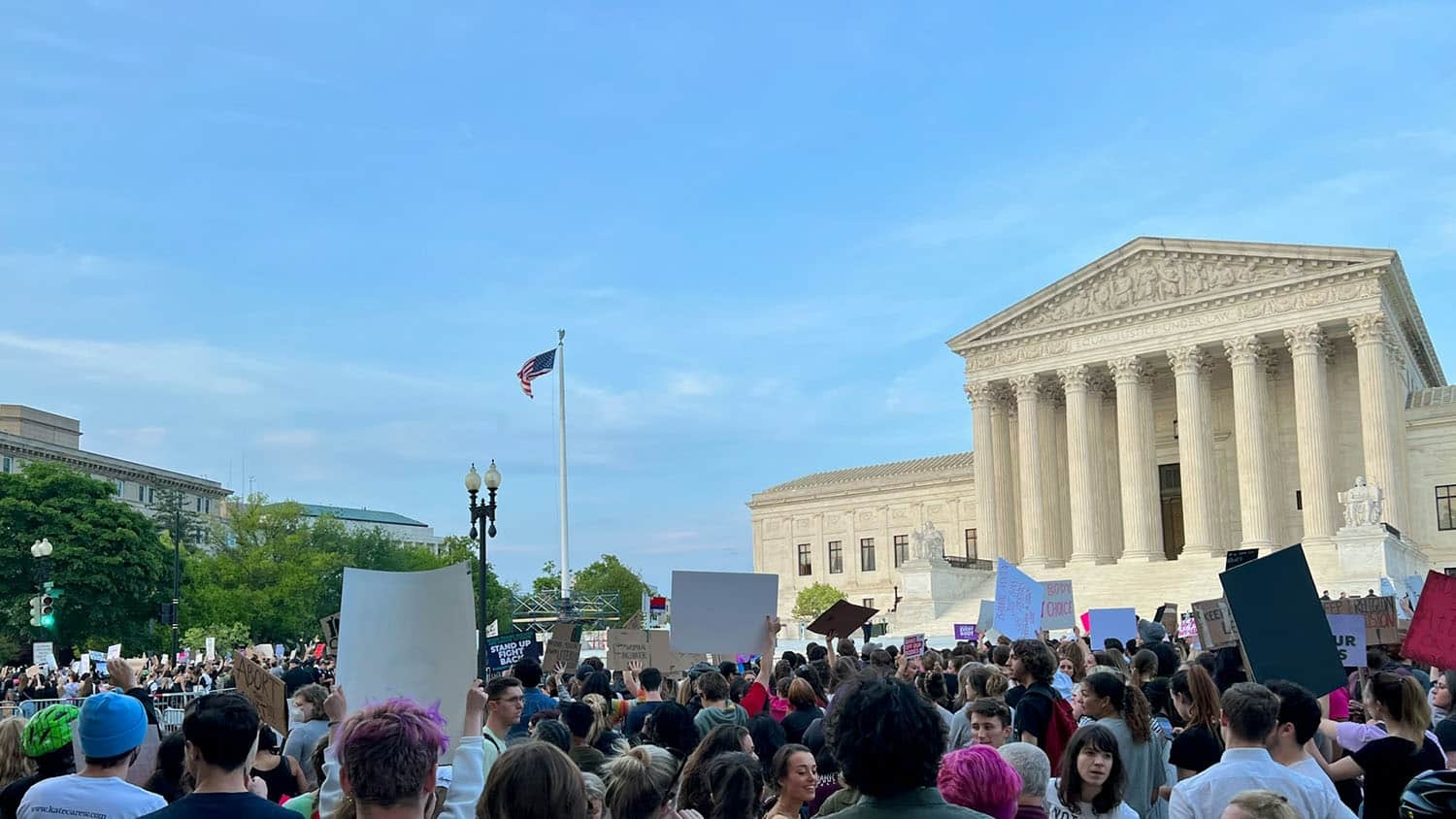Thirty-four seats in the U.S. Senate are up for grabs in 2022’s mid-term elections, and pundits say it’s not clear which party will hold a majority when the votes have been counted. But while Senate battles in Georgia, Arizona and Pennsylvania have drawn national headlines, the fight for North Carolina’s Senate seat has garnered much less attention.
We recently spoke to Steve Greene, a professor of political science at NC State, about the contest between Cheri Beasley and Ted Budd to be North Carolina’s next senator.
[Editor’s Note: Reporters can find a list of NC State experts able to offer insight into the mid-term elections here.]
The Abstract: Why is the U.S. Senate race in North Carolina important?
Steven Greene: The U.S. Senate is currently balanced 50-50 and there are just a handful of Senate races which could determine which party has a majority in the next Congress. Whether that party is the Democrats or Republicans will have a huge impact on national policy, judicial appointments, and the course of American politics over the next two years. And the results in North Carolina could absolutely determine which party achieves that all-important majority.
TA: Is there anything that stands out about this race, compared to the Senate races in other states?
Greene: To some degree, the N.C. race is the dog that didn’t bark. There are a number of high-profile candidates in other states drawing lots of attention – such as Dr. Oz and Herschel Walker. But in North Carolina, both candidates are skilled politicians who have avoided any obvious missteps and are doing their best to run campaigns appealing to the national message of their parties.
TA: How are political issues on the national stage influencing the race in N.C.?
Greene: The N.C. race is very much shaping up to be a referendum on the national message of the two parties. For Republicans, that’s all about blaming inflation woes on President Biden. For Democrats, that’s very much about protecting access to legal abortion. The candidates are engaging in the sorts of personal attacks that are typical, e.g., Budd’s business dealings and Beasley’s judicial record, but, again, nothing that is truly specific to North Carolina.
In my class we talk a lot about not just polarization, but also the nationalization of politics, whereby political races can be on nearly identical national issues no matter where in the country one lives. I think this race is a near perfect example of the nationalization of politics.
This post was originally published in NC State News.
- Categories:



